Australian Border Force, Australian Criminal Intelligence Commission, Australian Federal Police, Northern Territory Police
Illicit drug arrests are on the rise in the Northern Territory, according to a new report by the Australian Criminal Intelligence Commission (ACIC).
The Illicit Drug Data Report 2015–16, released today, shows the number of national illicit drug seizures and arrests are the highest on record.
Minister for Justice, the Hon. Michael Keenan MP, launched the report alongside ACIC Chief Executive Officer, Mr Chris Dawson, in Sydney.
“In the Northern Territory, 74.8 per cent of the number of illicit drug seizures and 74.0 per cent of illicit drug arrests related to cannabis—both of which are the highest proportion reported by any state or territory in 2015–16,” Mr Dawson said.
In 2015–16 the Northern Territory reported the greatest percentage increase in:
- the number of cannabis arrests (125.9 per cent)
- the number of cocaine arrests (600.0 per cent)
- the number of steroid arrests (614.3 per cent)
- the number of hallucinogen arrests (700.0 per cent)
- the number of other and unknown not elsewhere classified drug arrests
(490.0 per cent).
“The report highlights the continued vigilance of law enforcement in combating illicit drugs in the Northern Territory,” Mr Dawson said.
“Understanding trends and emerging issues in the illicit drug market, both nationally and at a state and territory level, provides the ACIC and our partners with an opportunity to shape the response to both demand and supply, particularly in high-use areas.”
Northern Territory Commissioner of Police Reece Kershaw said the report was reflective of the determined response that NT police have applied to countering the illicit drug trade in the Northern Territory.
“NT Police place a high priority on working to protect the public from the adverse effects illicit substances have on our community,” Commissioner Kershaw said.
“This report assists us by providing a view of the national landscape and helps to inform our ongoing efforts in disrupting the illicit drug trade within the Northern Territory.”
Australian Federal Police (AFP) Commissioner Andrew Colvin said the Illicit Drug Data Report annually provides a valuable insight into the challenges faced by law enforcement.
“Drug seizures at our borders and those made on the streets by our state and territory counterparts indicate that Australia continues to be an attractive market for international organised crime syndicates,” Commissioner Colvin said.
“The AFP will continue working with local and international law enforcement agencies to disrupt and dismantle these syndicates. However, the entire Australian community needs to work together to examine how we can combat issues associated with demand for these substances.”
Australian Border Force (ABF) Acting Commissioner Michael Outram said the ABF has a pivotal role in preventing these dangerous and illicit substances from entering Australia.
“The numerous instances of record detections this reporting period serve as a reminder of the continued threat that illegal drugs pose on the Australian public,” Acting Commissioner Outram said.
“The prevalence of methylamphetamine and its precursors discovered at our borders follows a concerning trend over recent years. The ABF is working with domestic and international law enforcement agencies to combat this ruinous drug.”
The Illicit Drug Data Report 2015–16 is a statistical report which provides governments, law enforcement agencies and policy makers with a robust picture of the Australian illicit drug market. It brings together data from all state and territory police agencies, the Australian Federal Police, the Department of Immigration and Border Protection/Australian Border Force, forensic laboratories and research centres.
“The statistics in the report will inform prioritisation and decision-making as we continue to discover, understand and respond to the threat and harm caused by illicit drugs,” Mr Dawson said.
The Illicit Drug Data Report 2015–16 is available online at www.acic.gov.au
